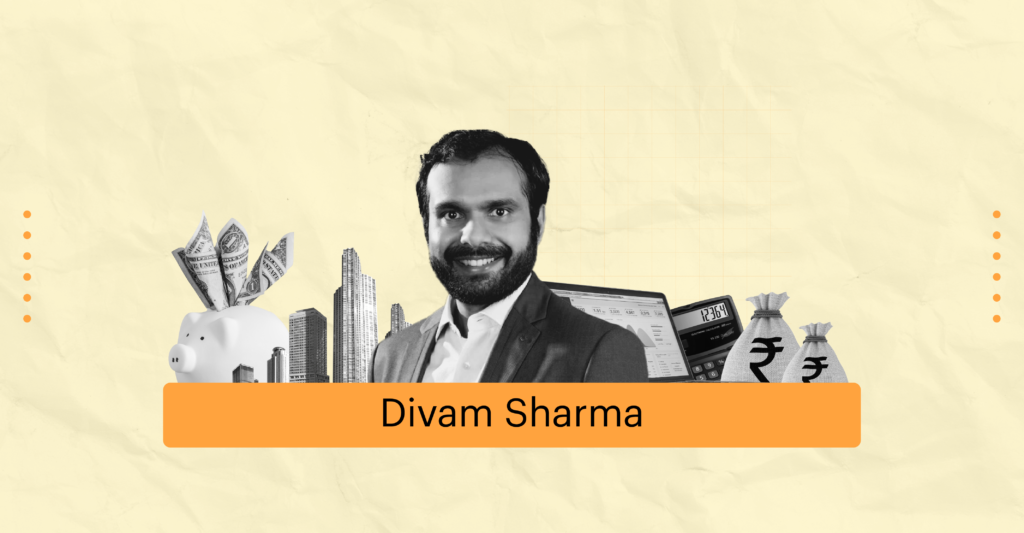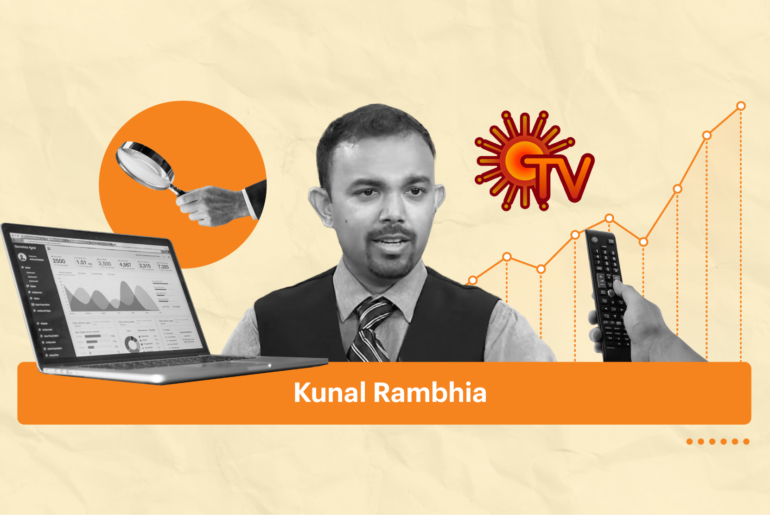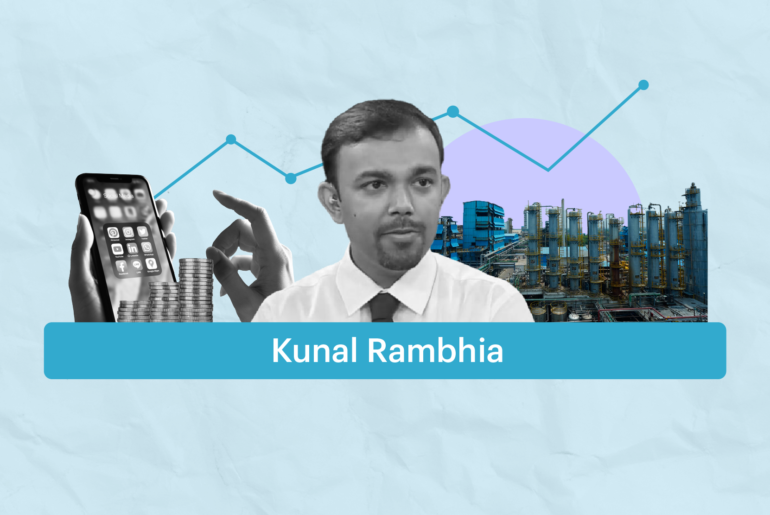Last Updated on Sep 29, 2022 by
With the closing of Nord Stream 1 in Russia, Europe’s gas crisis has worsened and is slowly starting to take a permanent shape since Russia shut down the supply without intimating a date of reopening. Consequently, fears are looming large over the European economy and other countries.
What is China-plus-one?
China-plus-one is a strategy in which companies avoid investing only in China and diversify their businesses to alternative destinations. China was an attractive investment location due to the lower cost of labour and production and an increasing domestic consumer market. Companies started to think of alternative locations to invest in because of the supply chain disruptions during the past year caused by the pandemic and China’s Zero-Covid policy. This was fueled by associated container shortages, thus causing uncertainty and disrupting the supply of materials. Additionally, China brought out a data privacy law that specified how they collect and store data. This caused foreign technology companies to downsize their presence on China’s mainland.
The China-plus-one model boosted the EU, Mexico, Taiwan and Vietnam because companies began investing in alternate locations. India was also at an advantage since MNCs started investing in emerging countries, and India was a viable option because of its low production cost and favourable business environment.
What’s happening in Europe?
There are fears that companies might start disinvesting across Europe because of poor gas supply. This may cause blackouts and shortages all through winter. Factory shutdowns may also be a consequence. Europe will also propose a mandatory target for reducing electricity consumption. This will eventually lead to lower production and supply chain disruptions, thus causing losses for companies with manufacturing units across Europe.
This makes India an attractive destination for investment. The huge investment by the government in infrastructure will prove to be a boon as it will accelerate foreign investment. India can provide a base for the manufacturing and production units of large companies if it takes steps to promote such investment.
All in all, Europe began to record a record high inflation at the beginning of the Russia-Ukraine war. The permanent shutting off Nord Stream 1 and the incoming winter has exacerbated the problem. Thus high gas prices and inflation all across Europe might scare off investors. Things might work out in India’s favour if investors are sufficiently attracted to investing here.
This article is written by Divam Sharma, founder and CEO of Green Portfolio and a former analyst at CitiBank, IMGC, and Kotak Mahindra Bank. Check out Green Portfolio’s smallcases.
- New Age Companies, Blessing in Disguise? - Dec 20, 2022
- All Debt Is Not Bad Debt - Dec 12, 2022
- Investments That Can Help During Inflation - Nov 15, 2022





